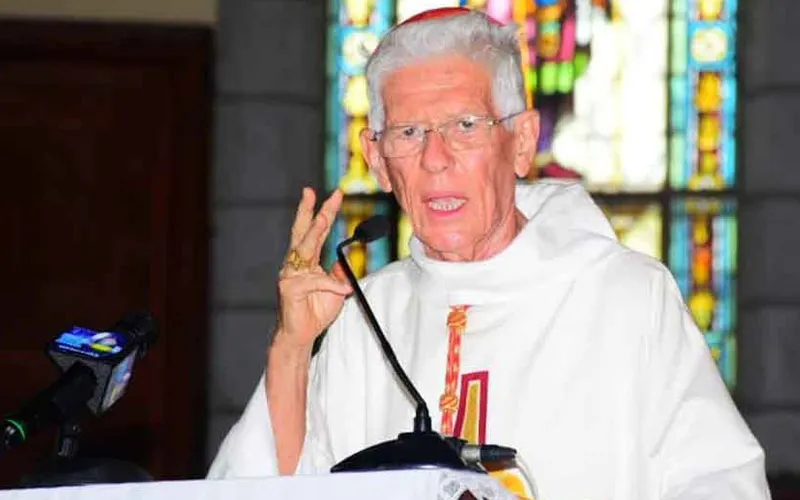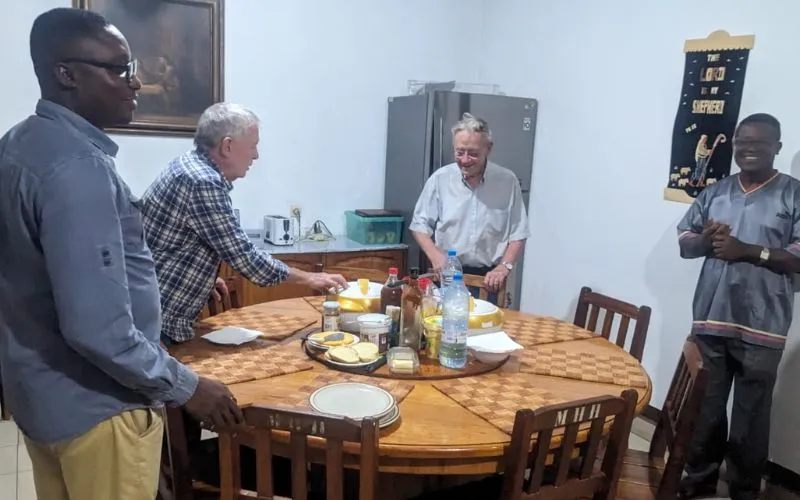“In addition, despite all the measures taken by the health authorities, there are more and more cases of COVID-19, which creates a certain amount of insecurity,” the Cardinal lamented in his homily published on the website of Port Louis Diocese.
“Our social institutions are weakened and social dialogue is difficult,” he said, and recognized the efforts of some Catholics who for the past ten days “have spontaneously begun to pray and even fast for our country.”
“This is a sign that many feel that the country needs more than a new start; it is looking for a new breath, a real rebirth, a reawakening of the values that form the basis of our democracy, as one people as one nation, in peace, justice and liberty; beloved country may God bless thee for ever and ever,” the member of the Religious Congregation of the Holy Spirit (Spiritans) said August 25.
Mauritius has been facing an economic crisis as a result of the COVID-19 pandemic, which has forced households to buy more essential food and spending less on transportation or recreational activities.
A country of 1.2 million people, Mauritius has recorded at least 8,334 COVID-19 cases including 26 deaths and 1,854 recoveries.
In June, a group of Catholics in the Indian Ocean Island nation spearheaded three days of national prayer for the country’s challenges, including COVID-19 pandemic and issues at personal level.
In his August 25 homily, Cardinal Piat highlighted the importance of prayer for Mauritius saying, “To pray for our country is to speak to God who is a Father, a Father who loves his children.”
“To pray for our country is also to speak to God who challenges our consciences, touches our hearts and invites us to change our attitudes in order to seek justice and become peacemakers,” the 80-year-old Cardinal who has been at the helm of Port Louis Diocese since February 1993 added.
He continued, “To pray for our country is not to ask God for one or two small miracles so that we can continue our quiet little life.”
“To pray for our country is to come out of our shell, to listen to the people, to hear their sorrows and anxieties, to celebrate their joys and hopes, to commit ourselves with them and for them,” Cardinal Piat said August 25.








